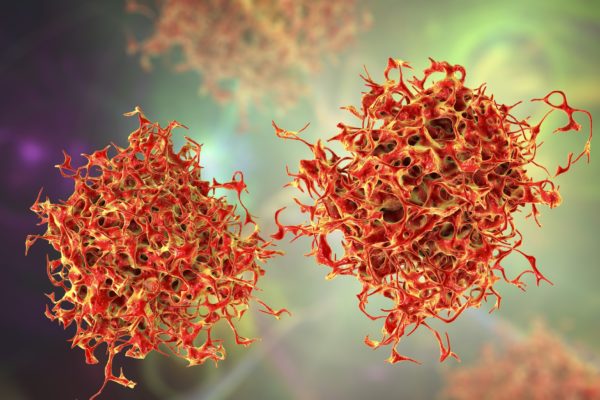
Genomic alterations in epigenetic regulators TET2 and IDH1/2 have been frequently observed in myelodysplastic syndromes and chronic myelomonocytic leukaemia patients with autoimmune and inflammatory diseases (AID). As AID is also associated with myeloproliferative neoplasm (MPN), similar pathways may be mutated in MPN patients. However, no study has attempted to characterise the AID specific features in MPN patients.
A recent study by Elessa et al. has described the molecular and clinical characteristics of MPN patients with associated AID. The researchers enrolled a total of 1541 MPN patients, of whom 998 had a molecular analysis done by next-generation sequencing (using a panel of 36 genes involved in MPN). The diagnosis of AID was based on international criteria.
In total, 1000 patients with AID were compared with 1441 MPN patients without AID.
Mutation in the epigenetic regulator TET2 was more frequent in MPN patients with AID as compared to patients without AID (34% versus 22%; p=0.028). Likewise, IDH1/2 mutations were more in the AID vs non-AID group (6% versus 3%), although the difference was insignificant.
No other mutations in other epigenetic regulators, splicing regulators or transcriptional factors were observed. Also, the presence of AID did not influence the overall survival (p=0.82), secondary myelofibrosis free survival (p=0,98) or MDS/AML transformation free survival (p=0.53).
The retrospective clinical study demonstrated the prevalence of TET2 mutations in patients with AID and MPN. These observations indicate common pathophysiology with MDS patients where TET2 mutations could give rise to inflammatory phenotype and myeloid malignancy.
Reference